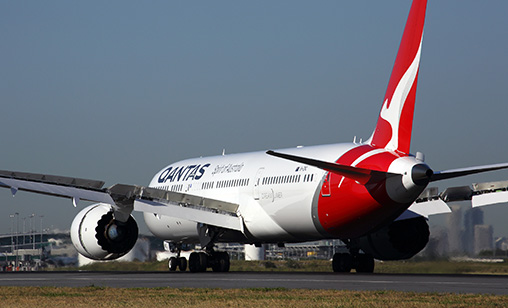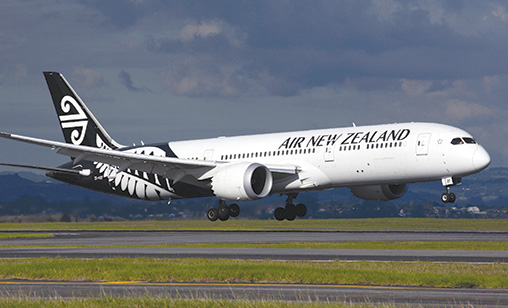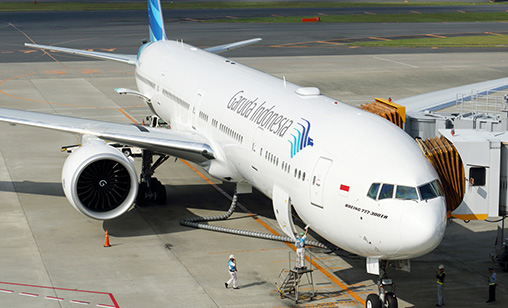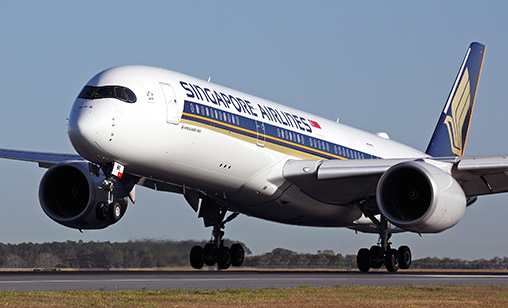News Backgrounder
Power to the pilots
August 1st 2024
Four Asia Pacific Air Navigation Service Providers (ANSPs) and their country’s major airlines have launched a User-Preferred Routing (UPR) trial that promises to save carriers thousands of kilograms of fuel and dramatically reduce their carbon emissions. Read More »
Australia, Indonesia, New Zealand and Singapore, along with their national carriers, Qantas Group, Air New Zealand, Garuda Indonesia and Singapore Airlines, have launched UPR trials on 38 routes.
 |
 |
 |
 |
UPR essentially gives pilots greater autonomy in choosing flight paths. Instead of adhering to rigid, pre-defined routes, cockpit crew can leverage real-time weather data and other factors to chart the most efficient courses to their destinations. It fosters optimized airspace usage, translates to shorter flight times and crucially, results in a significant reduction in carbon emissions.
The benefits are significant. For example, on Singapore-Melbourne journeys airlines using UPR potentially can conserve up to 1700kg of fuel on each flight as well as cutting carbon emissions by 1,960 tonnes. For years, airlines have been pressing the region’s numerous ANSPs to collaborate more closely in more efficient use of Asia-Pacific airspace.
The UPR trials will be conducted over three months. They are a key component of the South-East Asia–Oceania Implementation of Free Route Operations (FRTO) Project agreement. The landmark partnership was signed on the sidelines of the International Civil Aviation Organization (ICAO) Air Navigation World Conference last October.
Civil Aviation Authority of Singapore (CAAS) director general, Han Kok Juan, said the UPR trials showcase the potential for ANSPs to work together to achieve shared objectives such as efficient airspace utilization, carbon emission reductions and shorter flight times.
Airservices Australia interim CEO, Rob Sharp, highlighted the alignment of UPR with its environmental and sustainability strategy, which dovetails with the ICAO’s goal of net-zero carbon emissions for global aviation by 2050.
AirNav Indonesia has been running an UPR program in Indonesia’s domestic airspace since October last year, its CEO, Polana B. Pramesti, said: “Hopefully the trial will be carried out successfully and be beneficial for all airlines flying in Asia-Pacific airspace,” he said.
“Successful implementation of these UPR trials could herald a new era in air travel, with the potential for operationalizing UPR and extending its reach to a wider network of cities and airlines. The positive outcomes of these trials could inspire other regions to adopt similar practices, accelerating the global aviation industry’s transition towards a more sustainable future.”
The trials represent a significant leap forward in the quest for greener and more efficient air travel. By empowering pilots to make informed decisions about flight paths, the industry is taking concrete steps to minimize its environmental footprint. The potential benefits of UPR are undeniable, from reduced fuel consumption and carbon emissions to shorter flight times and optimized airspace usage. As the trials progress, the aviation world watches with anticipation, hopeful UPR will become a standard practice, ushering in a new era of sustainable aviation.